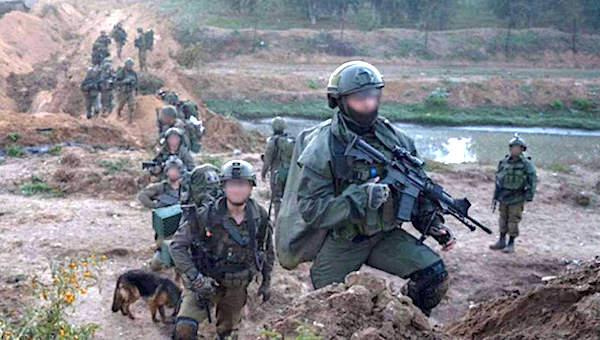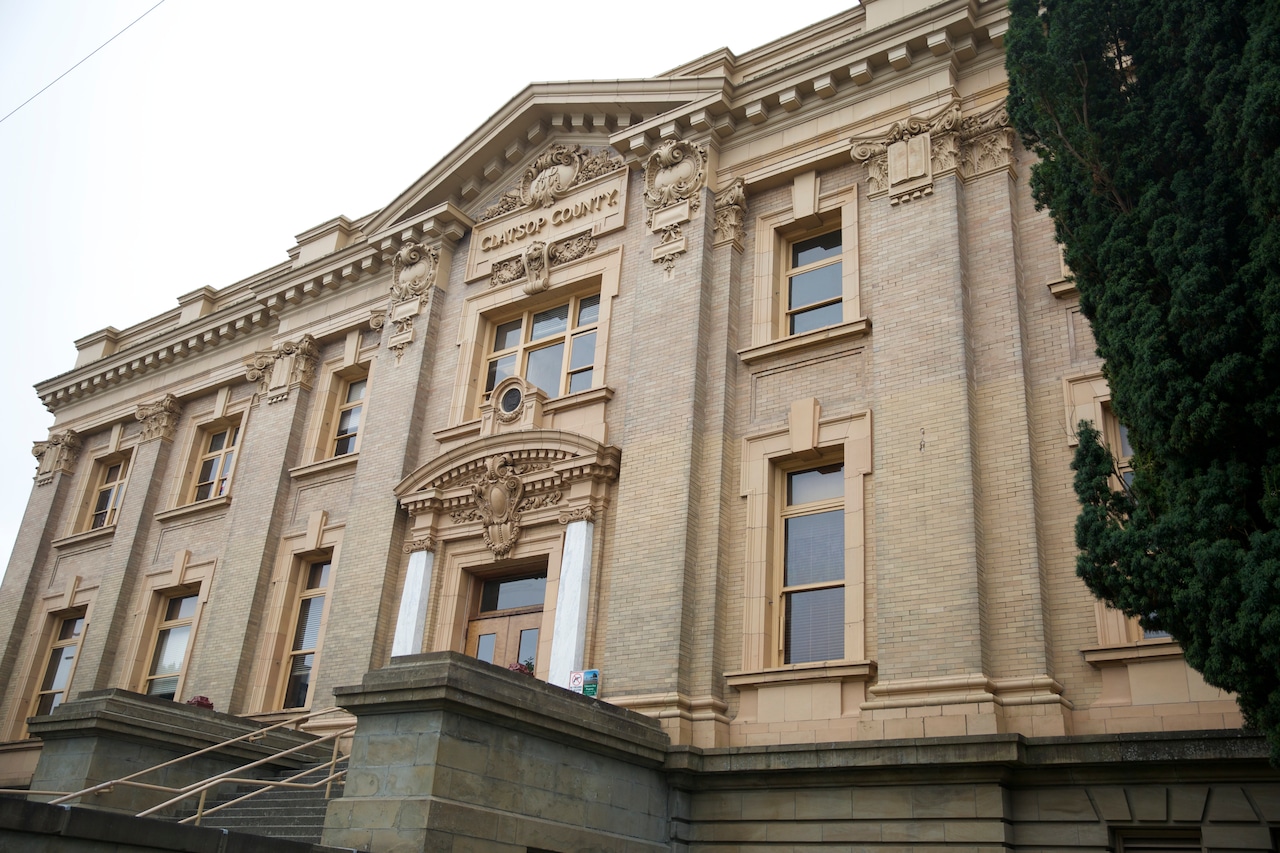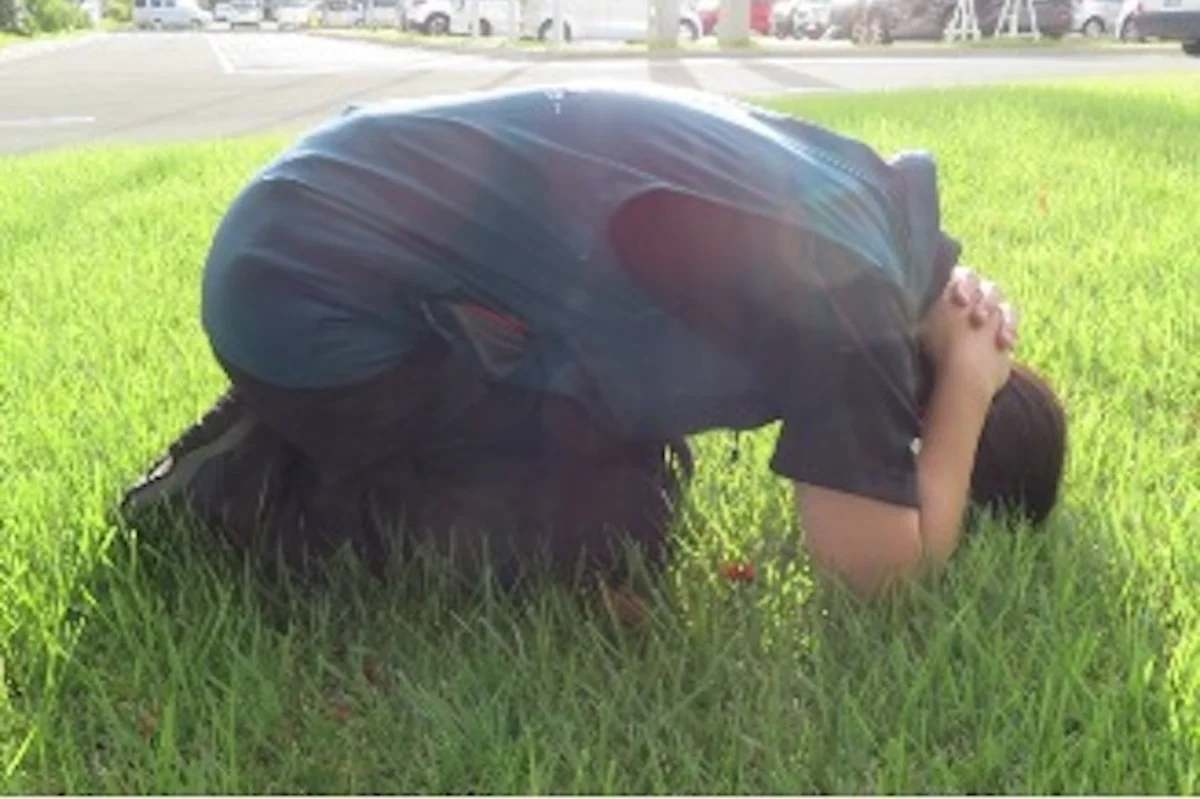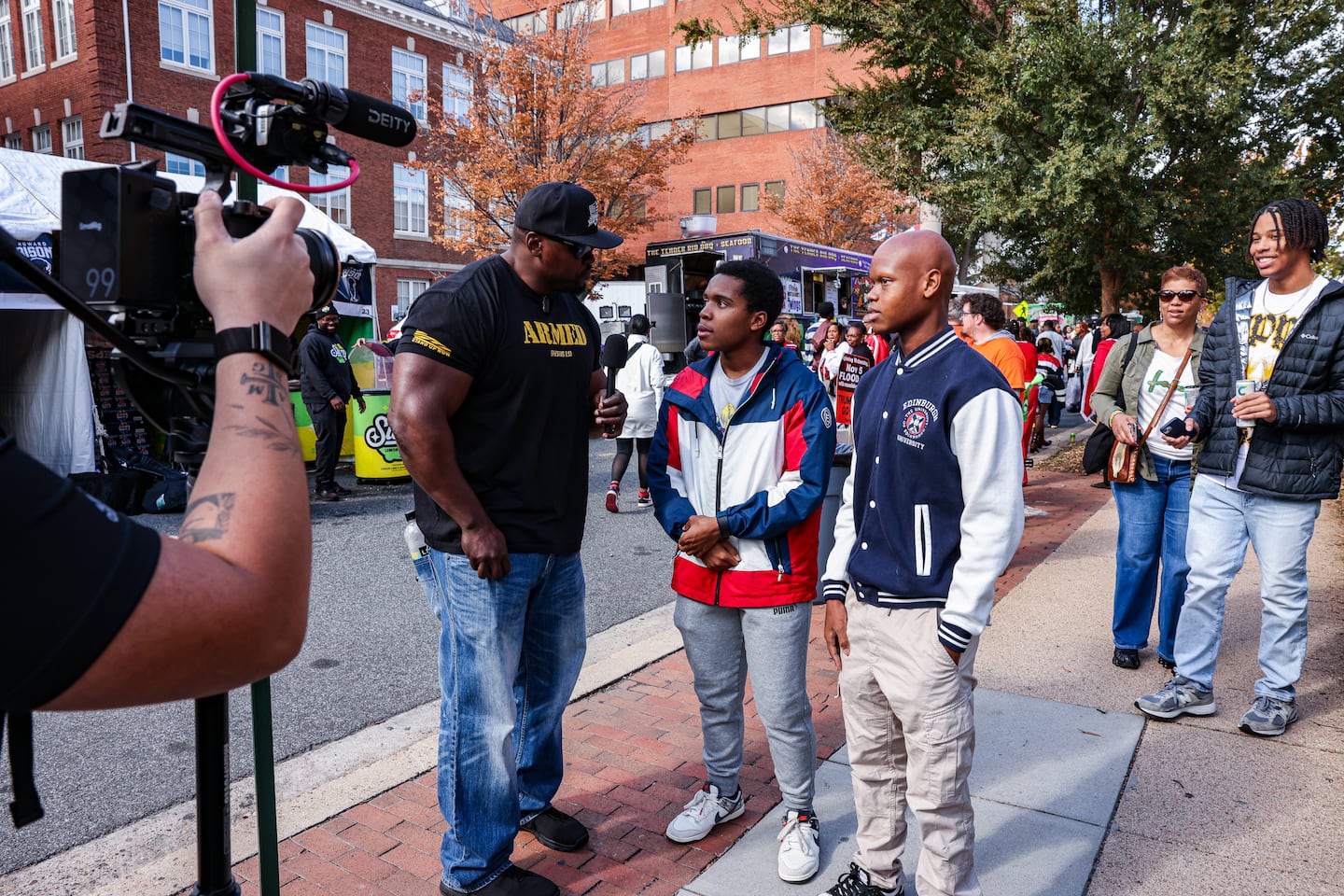Copyright wnd

The war launched by terrorists in Hamas against Israel two years ago, when an invasion cost the lives of some 1,200 Israeli civilians with another 250 were kidnapped, apparently is winding down, under a multipoint plan authored by President Donald Trump. It called for the release of the last living hostages, which has happened. The bodies of dead hostages still are being located. The Gaza region is ultimately to be run by a multi-party coalition. But for now, Hamas still retains huge political influence in the region, and a journalist now is warning Arab Gulf states against contributing to the reconstruction process there until that status changes. Until Hamas is out of power. “The potential for embezzlement and re-channeling of funds for terrorist purposes is not a theoretical concern but a tangible reality. The fundamental question today is: who can guarantee that this scenario will not repeat itself? Hamas still holds power, the civil administration is in a state of collapse, and prospects for a political solution are nowhere in sight. Reconstruction through traditional channels without strict oversight guarantees is a costly venture. The massive reconstruction bill could turn into a long-term economic and political trap, the price of which generations of Gulf citizens will have to pay without any real redeeming value for ordinary Palestinians,” explained Salem Al-Ketbi, an Emirati political analyst, in a report compiled by the Middle East Media Research Institute. MEMRI explained that Al-Ketbi charged that financial involvement in Gaza “is a very risky venture, given that aid provided in the past to Hamas-controlled Gaza, intended for building schools and hospitals and other civilian purposes, was largely seized by Hamas and channeled to military projects.” He wrote there’s increasing pressure for funding to pay for the reconstruction of a region decimated in the war triggered by Hamas. In fact, many schools and hospitals there have been destroyed as Hamas terrorists often would use those locations as shields for their military campaigns. “Behind the slogans of humanitarian obligations lurk complex interests and political stakes that may not match the true intentions. Discussions of [the] aid in question [go] beyond emergency relief. They extend to massive investments in an environment still under Hamas control. The estimated cost of reconstruction exceeds $70 billion, and the effort could span three full decades,” he wrote. “Based on past precedents one cannot be very optimistic. UN reports in 2023 revealed that more than $7 billion have been transferred to Gaza since 2006, including $2 billion provided by the Gulf states. Funds were allocated to the building of schools and hospitals, but most of the money was diverted to illicit purposes,” Al-Ketbi said. “Hamas channeled most of the funds to its military projects, [and] the small share spent on construction benefited the movement’s cadres and leaders, while ordinary Palestinians were left to simmer in dire conditions.” He noted that, for example, about $1 billion was spent on a network of hundreds of miles of military tunnels. Embezzlement reached an estimated $350 million in just two years. He said Gulf states should avoid entering a campaign in which terrorists could embezzle money, and use the purchased weapons against those very states. “The glaring paradox lies in the position of certain regional states whose direct role in financing the terrorism of Hamas is well-documented. As a clear example, Iran publicly boasts that it has pumped $700 million annually into Hamas’s coffers, according to statements by Tehran and the Palestinian militant group’s leaders. Meanwhile, other regional countries have provided [a] safe haven to Hamas’ leaders and supported them with hundreds of millions annually. These countries, which directly, publicly, and continuously fund Hamas, some of which harbour clear animosity towards Arab Gulf states, have not been held accountable for their role in supporting terrorism. So why should the Gulf states, which have been victims to Hamas’ embezzlement, be asked to foot a huge portion of the $70 billion bill?” He continued, “The wise position is clear and unequivocal: no money for Gaza, no billions for reconstruction, and no massive Gulf investments as long as Hamas remains in control of the Strip.”



